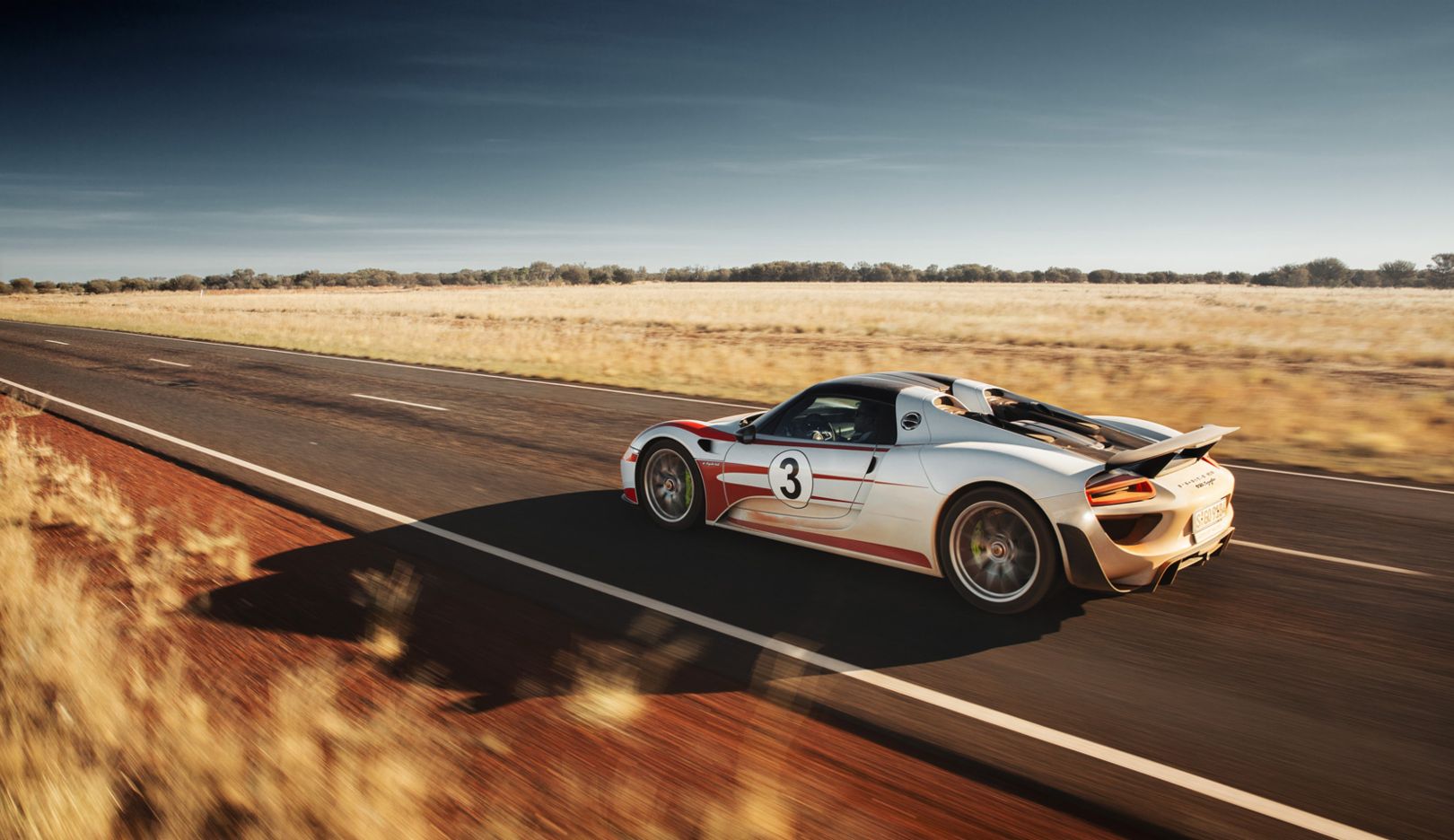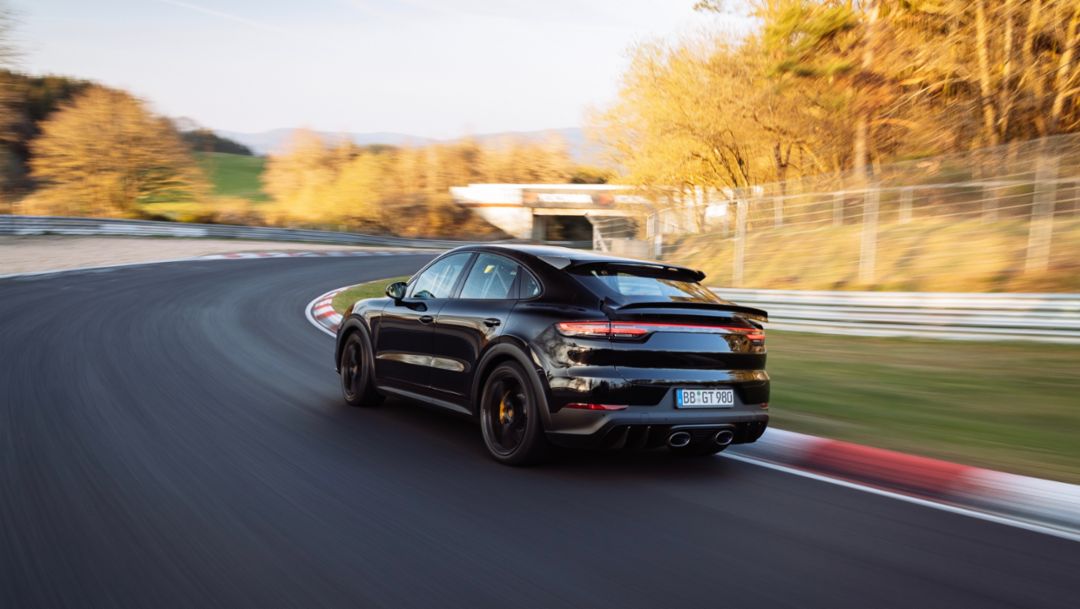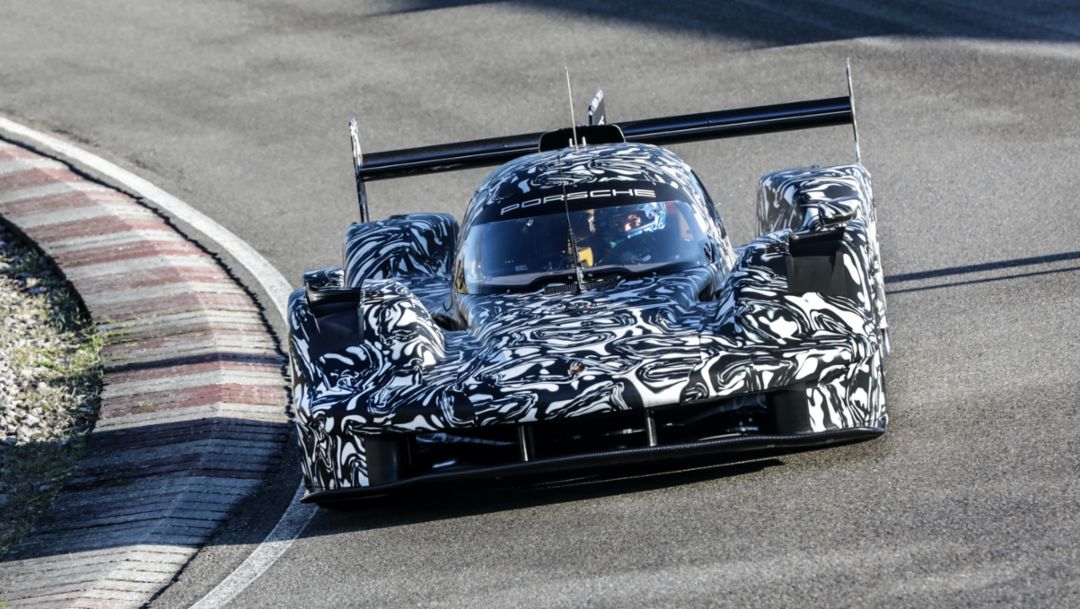Forty five years ago the Porsche 928 celebrated its world premiere at the 1977 Geneva International Motor Show. A groundbreaking model, the 928 mixed effortless performance with refinement, thanks to its characterful V8 engine, which made it the first road-going Porsche with eight-cylinder power.
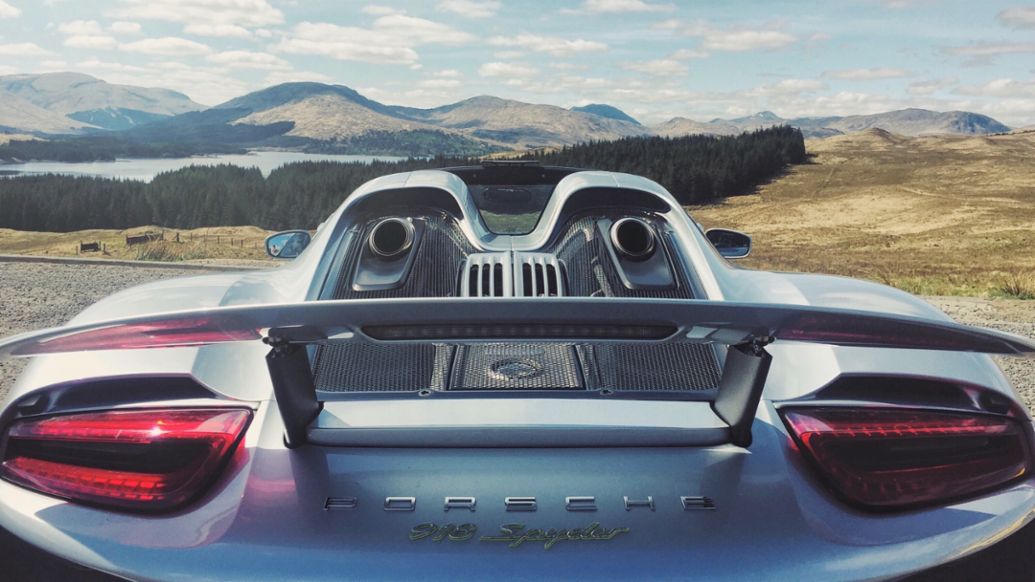
Since then, the V8 engine has been the beating heart of many of the most powerful and exciting road-going Porsche vehicles – the 918 Spyder, multiple generations of the Panamera and Cayenne and most recently the Cayenne Turbo GT (). On the track, the RS Spyder was powered by a V8 and soon the all-new Porsche LMDh challenger, which is currently under development, will be powered by a cutting edge, turbocharged hybrid V8. On this special anniversary, the Stuttgart-based manufacturer revisits the past, celebrates the present and looks a little way into the future of the Porsche V8.
The past
After its reveal in Geneva, the 928 went on to win the European Car of the Year award – the only sports car to win the title, even to this day – and more than 61,000 examples sold globally. The front-mounted V8 engine was used in all iterations of the 928 and enhanced the superb engineering, new design and high level of performance found in the sports coupe.
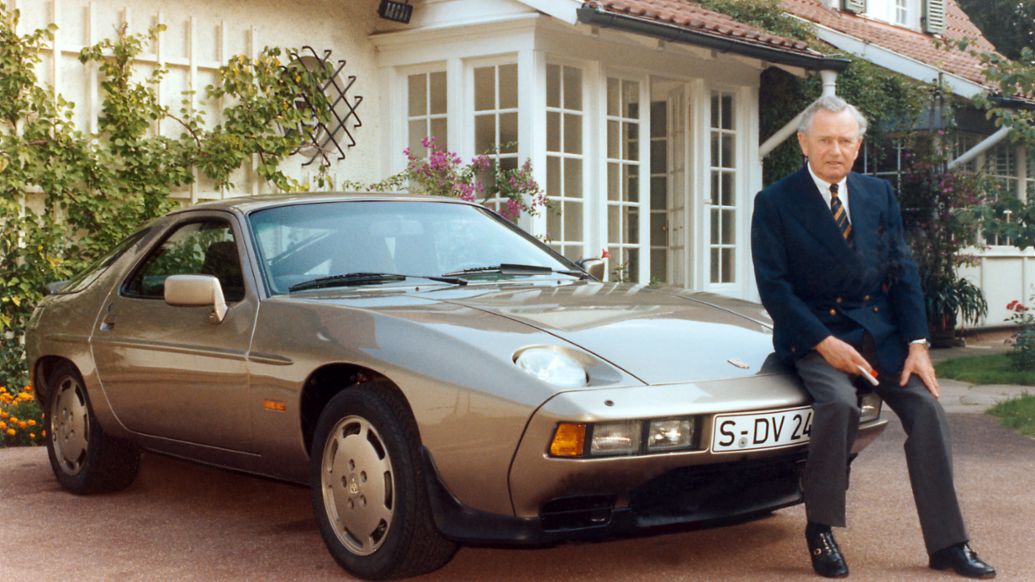
Porsche V8 engines also claimed victories on some of the world’s most unforgiving proving grounds – from the Cayenne S speeding over the dunes of the Transsyberia Rally to the RS Spyder racing across the finish line for class victories at Sebring and Le Mans.
The RS Spyder regularly challenged high power entries in the American Le Mans Racing Series from 2006 to 2008, surprising the motorsport world with an outright victory at the 2008 12 Hours of Sebring. Porsche engineers designed the 3.4-litre 90-degree V8 completely from scratch and it was a key factor in the great success of the RS Spyder over its lifespan.
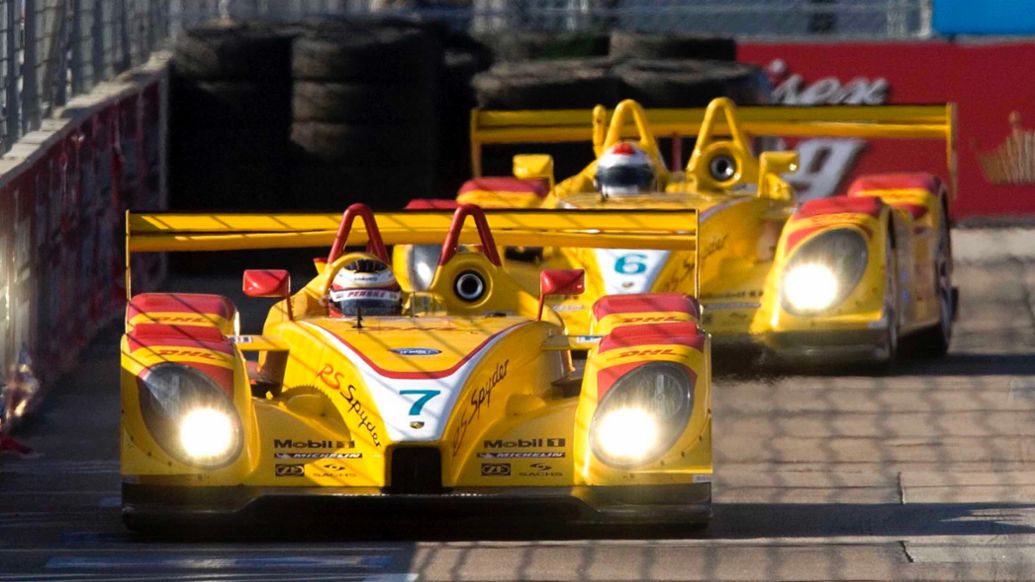
The RS Spyder subsequently led to Porsche’s first modern-day supercar – the 918 Spyder. This car utilised a hybrid powertrain and motorsport technology – an electric motor plus a high-revving naturally aspirated V8 engine inspired by the one in the RS Spyder racing car – beginning a new era of performance hybrids. This technology also transferred to some of the current hybrid models of the Cayenne and Panamera series, further enhancing the performance and efficiency of the V8 engine alongside their battery electric motors.
The present
A V8 engine can be found in seven current Porsche models:
- Panamera GTS ().
- Panamera Turbo S ()
- Panamera Turbo S E-Hybrid ()
- Cayenne GTS ()
- Cayenne Turbo ()
- Cayenne Turbo S E-Hybrid ()
- Cayenne Turbo GT ()
Like the 918 Spyder, the powertrains found in the Panamera Turbo S E-Hybrid and Cayenne Turbo S E-Hybrid, which are engineered in Weissach and built in Zuffenhausen, all seamlessly combine hybrid technology with a powerful and melodious V8 engine. The result is a fast, efficient, and responsive road car that is equally capable of spirited drives on a favourite country road or a comfortable trip out to dinner.
The Cayenne Turbo GT, the new top of the Cayenne model range, proved itself on the legendary Nürburgring Nordschleife with an impressive lap time, and SUV lap record, of 7:38.9 minutes, not to mention with a highly engaging driving experience never before witnessed in an SUV.
The future
The ever-evolving story of the Porsche V8 is beginning a new chapter in the form of the newly unveiled 2023 Porsche LMDh prototype. This racing car will begin competing on the worldwide racing stage in 2023 and combines the raw power of a V8 engine with hybrid technology to deliver the performance, excitement and race-winning potential expected from a Porsche.
